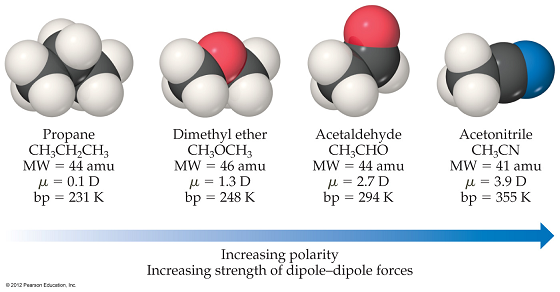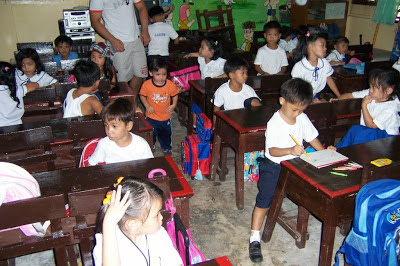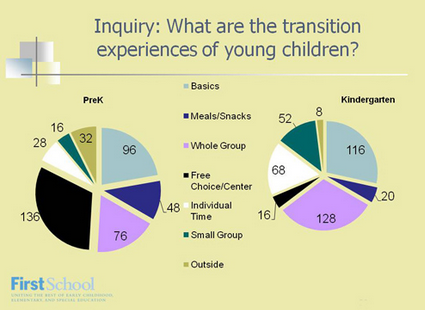Our Indigenous Schools Will Rise Above the Storm

by Sr. Ma. Famita N. Somogod, MSM Coordinator Originally Posted Wednesday, 23 January 2013 17:17 http://www.rmp-nmr.org/index.php/recent-releases/280-our-indigenous-schools-will-rise-above-the-storm Reposted here with permission Superstorm Pablo (international codename: Bopha) mercilessly whipped at the riverine Lumad communities in early December last year. The magnitude of the disaster violently squeezing through the eastern provinces of Mindanao towards the northern part of the island, then out to the Visayas area in a span of few hours is a phenomenon the Lumad never imagined all their lives. The wrath of mother nature over man’s abuse of the environment pounded like eternity resembling doomsday. And, in those critical hours, they turned to Magbabaya for help and beseeched His intercession. For sparing every dear Lumad life, thanksgiving rites to Magbabaya (God) were offered after the storm. Still, the Pablo aftermath left badly devastated farms, lowly dwell...











